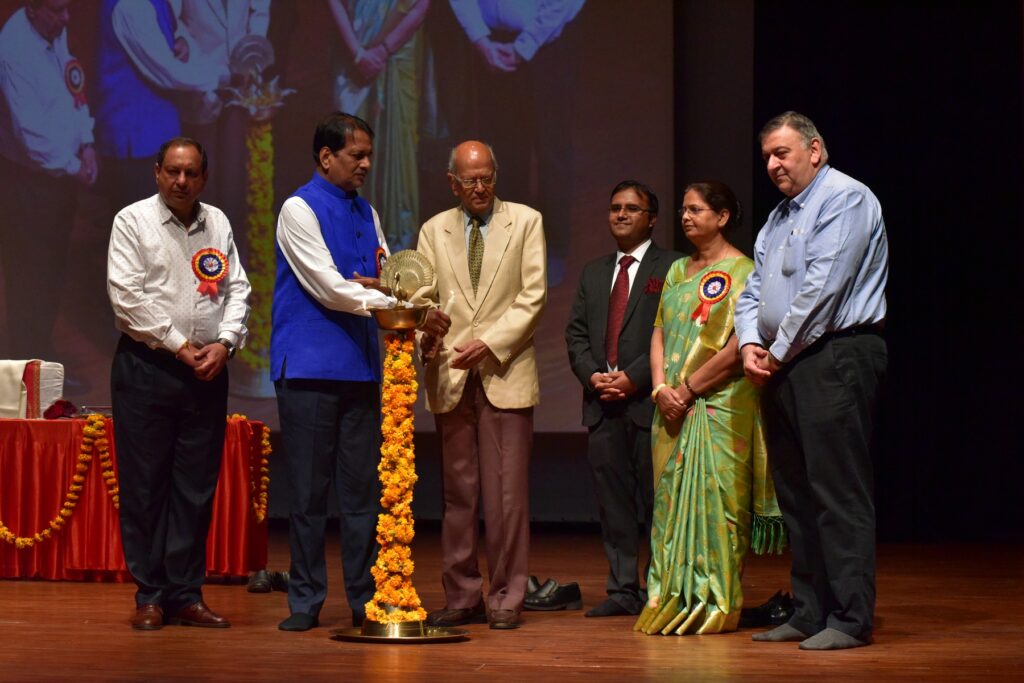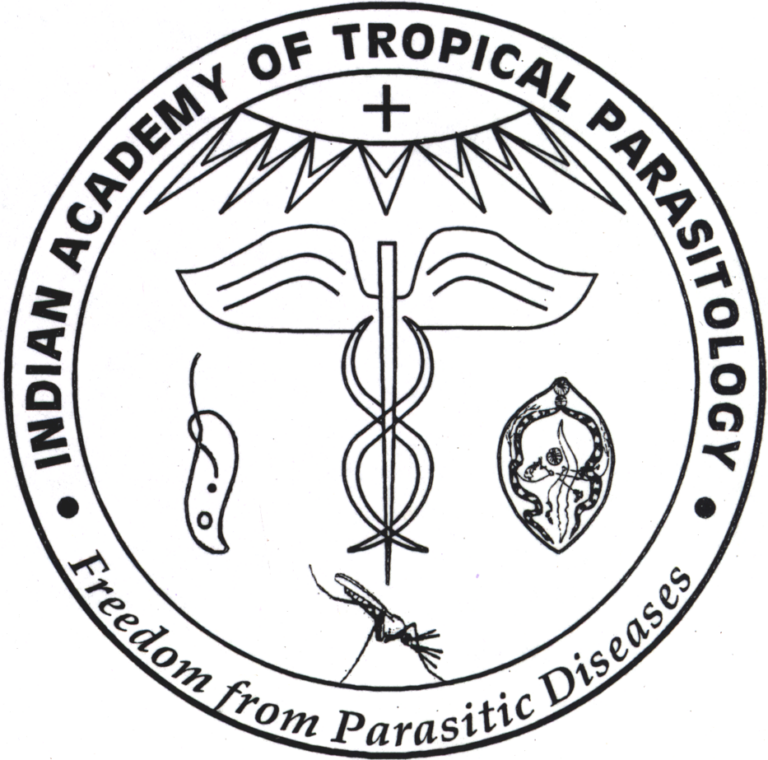The RAJTROPACON-2019 was successfully conducted at All India Institute of Medical Sciences (AIIMS), Jodhpur on 5th and 6th April 2019. It was held by the Rajasthan Chapter of the Indian Academy of Tropical Parasitology.
The programme consisted of guest lectures by invited faculty, panel discussions, oral and poster paper presentations. A total of 10 lectures and 2 panel discussions were attended by around 80 delegates. The invited faculty had eminent names like Prof. Tulsi Das Chugh, Prof. Subhash Chandra Parija, Prof. Rakesh Sehgal, Dr. Srujana Mohanty, Dr. Ramesh C Dhiman, Dr. Rakesh Singh and Dr.Ayush Gupta. Lectures were also given by the senior faculty of AIIMS namely Prof. Vijaya Lakshmi Nag, Dr. Pankaj Bhardwaj and Dr. Vibhor Tak. Prof. Parija highlighted the use of Proteomics in Parasitic infections.
The basic concept of proteomics, or the study of protein complement to the genome and how it has multidisciplinary applications was discussed in detail by him. Various tools such as SDS PAGE, Liquid Chromatography, iTRAQ, ICAT, SELDI, MALDI etc. and methods to study proteins were shown by him step by step. Prof. Parija then talked about its specific application in Parasitology.
Prof. Rakesh Sehgal gave a talk on automation in Parasiological Diagnosis. He started with the current/ conventional modalities used for establishing the diagnosis of parasites, their advantages and disadvantages followed by the challenges in developing automated systems in Parasitology. He discussed various automated tests available commercially that are based on nucleic acid amplification tests, proteomics-based systems such as MALDI-TOF, SELDI-TOF etc and LAMP. Some automated computer vision techniques such as auto encoder and self-organizing map techniques were also highlighted in the presentation.
Dr. Pankaj Bhardwaj presented a talk on the importance of public health priority in vector-borne disease preparedness. He began with recent outbreaks of vector-borne diseases in India such as Zika, and West Nile fever and the list of vector-borne diseases in India, the burden of these diseases globally and in India. Steps to control these diseases such as the National vector borne disease control programme (NVBDCP) and its components such as integrated vector management were stressed to him. He also talked about the way forward in the preparedness for these diseases such as the Global Vector Control Response for 2017-2030, the use of Geographic information system (GIS) in disease management, intersectoral coordination and a team-based approach for vector management.
Prof. VL. Nag gave a talk on updates in toxoplasmosis. She presented the latest data from India and discussed in detail the pathogenesis, various clinical presentations, and its impact on pregnancy and immunocompromised individuals followed by diagnostic techniques available for its diagnosis.
Dr. Mohanty shared insights into the Indian perspective of Hymenolepis nana infections. She showed data from the available literature regarding its geographical distribution and other epidemiological parameters. An interesting case of malignant transformation in H.nana in a patient and a report of reverse zoonosis was discussed by her.
The first Panel discussion of the Conference titled “Challenges in the development of vaccines against parasites” was then held and was moderated by Dr. TD Chugh. The panellists in this discussion were Prof. SC Parija, Prof. VL. Nag, Prof. Sneha Ambwani, Dr. RS Gadepalli, Dr. Ayush Gupta and Dr. Vivek Hada.
Dr. Vibhor Tak gave a talk on the molecular typing of Echinococcus granulosus and started by introducing with the history of molecular typing in this parasite, the molecular methods available for its typing. He then discussed global and Indian studies on molecular typing of the parasite and in particular the study from PGIMER, Chandigarh. He concluded his talk with the significance of doing such genotyping studies.






